Addiction Treatment at MARC
We’re committed to delivering the highest quality of care in a compassionate, supportive environment. By blending clinical expertise with a trauma-informed, person-centered approach, MARC empowers you to overcome the challenges of addiction and develop the skills and resources needed to thrive in your recovery.
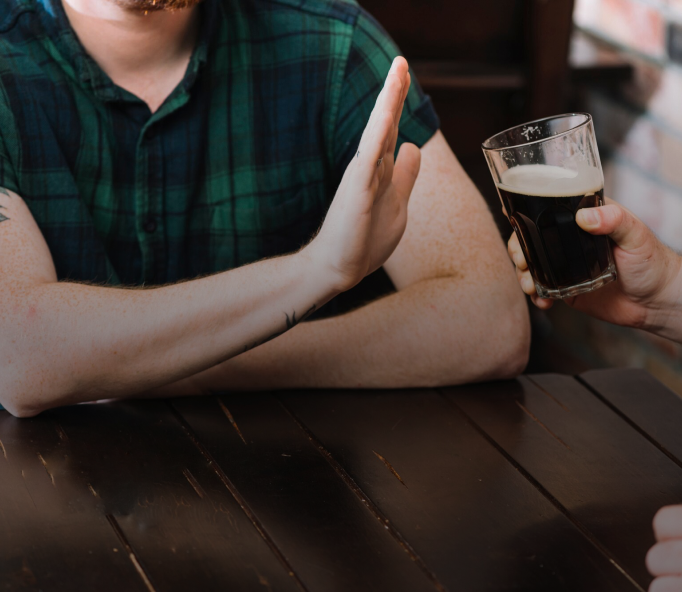
Alcohol Addiction Treatment
MARC’s alcohol addiction treatment program takes a comprehensive, evidence-based approach to support you on the journey to recovery. We empower our patients to address the physical, psychological, and social aspects of alcohol use disorder, and our compassionate team works closely with each person to develop a customized treatment plan that sets them up for long-term sobriety.
Learn More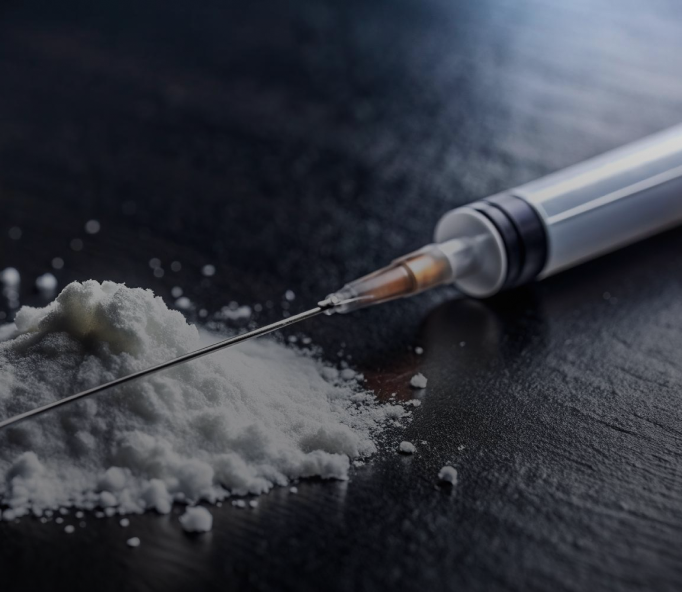
Heroin Addiction Treatment
At MARC, our comprehensive heroin addiction treatment program helps our patients break free from the grip of opioid dependence. Blending evidence-based medical interventions with intensive behavioral therapies and holistic wellness activities, we empower you to address the root causes of heroin use and develop the skills and support systems needed for sustainable recovery.
Learn More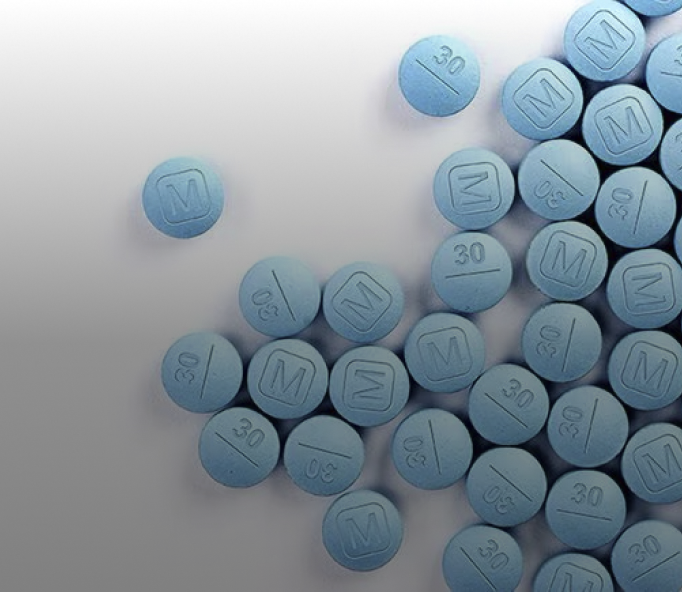
Fentanyl Addiction Treatment
Our fentanyl addiction treatment provides a holistic recovery approach tailored to your individual needs. It emphasizes a supportive environment and focuses on building resilience and life skills. The program integrates comprehensive care (including personalized counseling, family support, and transitional services) to help people achieve lasting sobriety and confidently reintegrate into daily life.
Learn More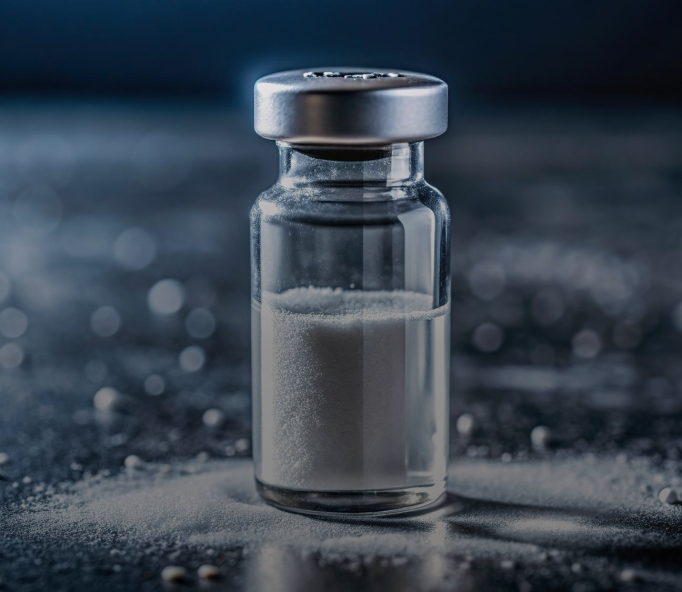
Cocaine Addiction Treatment
Cocaine is highly psychologically addictive, often leading to intense cravings and compulsive use. MARC addresses these challenges through a community-focused approach, providing a supportive network that fosters connection and accountability. By combining therapy with community support, MARC helps people navigate the psychological complexities of addiction, build healthy coping mechanisms, and strengthen their commitment to recovery in a nurturing environment.
Learn More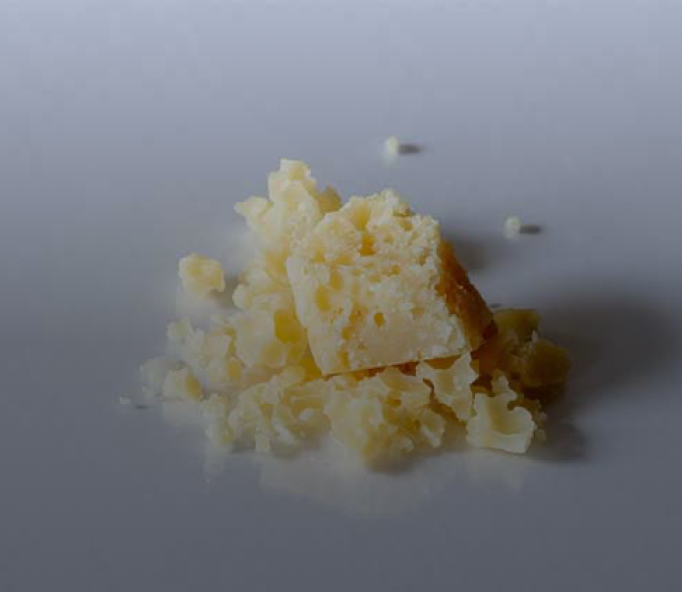
Crack Addiction Treatment
MARC’s crack addiction treatment targets the deep psychological hold of crack cocaine through a compassionate, community-centered approach. Recognizing the unique challenges of crack addiction, we offer a blend of personalized therapy and group support to address cravings and emotional struggles. Our program integrates practical life skills training and peer-driven motivation, creating a collaborative environment where clients can build a strong foundation for lasting recovery and personal transformation.
Learn More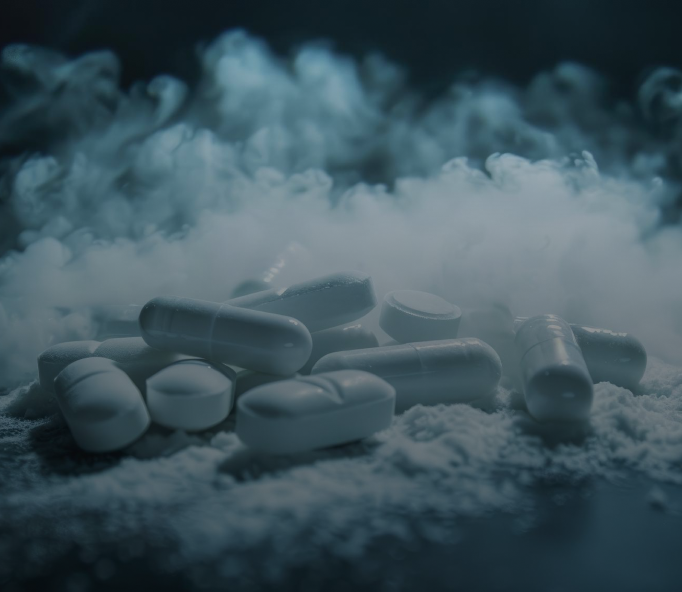
Benzodiazepine Addiction Treatment
Benzodiazepines, while often prescribed for anxiety and sleep disorders, can also be prone to misuse and addiction. MARC’s benzo treatment program addresses the complexities of benzodiazepine dependence with a balanced approach: providing a structured environment that combines personalized counseling, group support, and education on safe medication use. Our focus on managing withdrawal symptoms and rebuilding coping strategies helps you to transition from dependency to a healthier, more stable life.
Learn More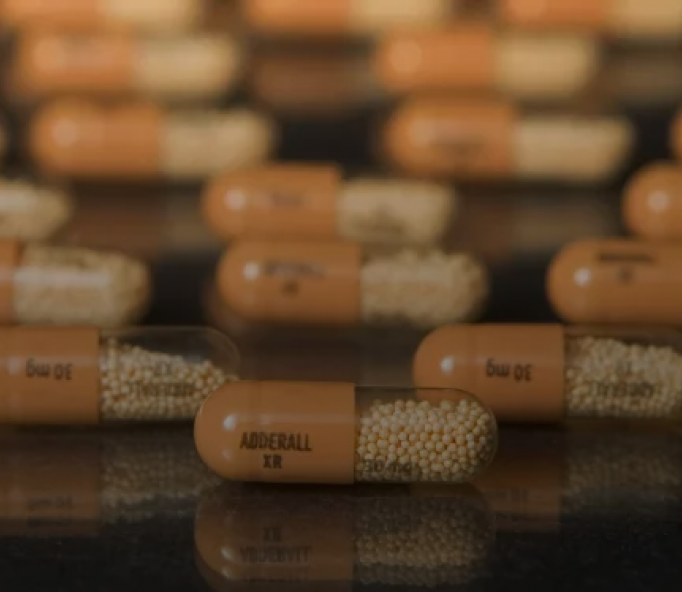
Adderall Addiction Treatment
Treatment for Adderall abuse at MARC involves a unique approach to address dependence on Adderall and stimulant-based medication. Our program includes counseling and behavioral therapies to manage cravings and develop coping strategies. MARC's comprehensive care focuses on both the physical and psychological aspects of addiction, helping people achieve recovery and maintain long-term sobriety.
Learn More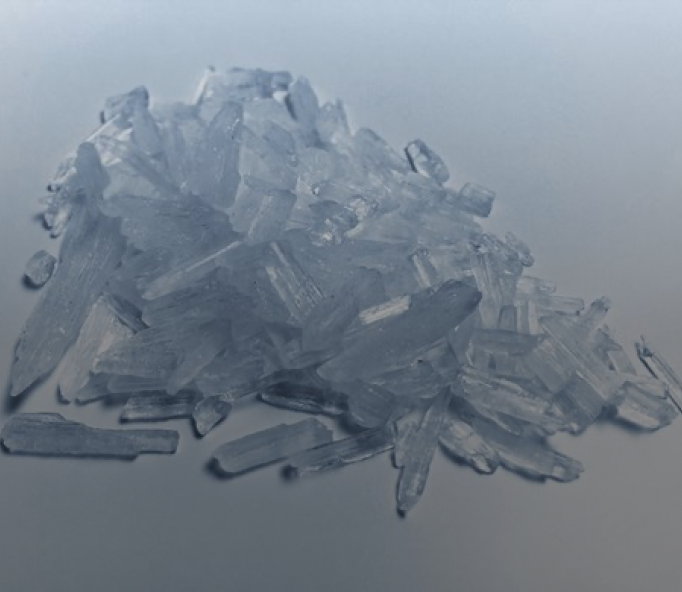
Methamphetamines Addiction Treatment
Quitting meth can be challenging, but MARC is here to help. Our program offers a range of support services, including psychoeducation and counseling across a variety of treatment modalities. We provide structured detoxification, life skills training, and support groups to build a strong recovery network. Additionally, personalized wellness plans and relapse prevention strategies ensure comprehensive support for a successful, long-term recovery.
Learn More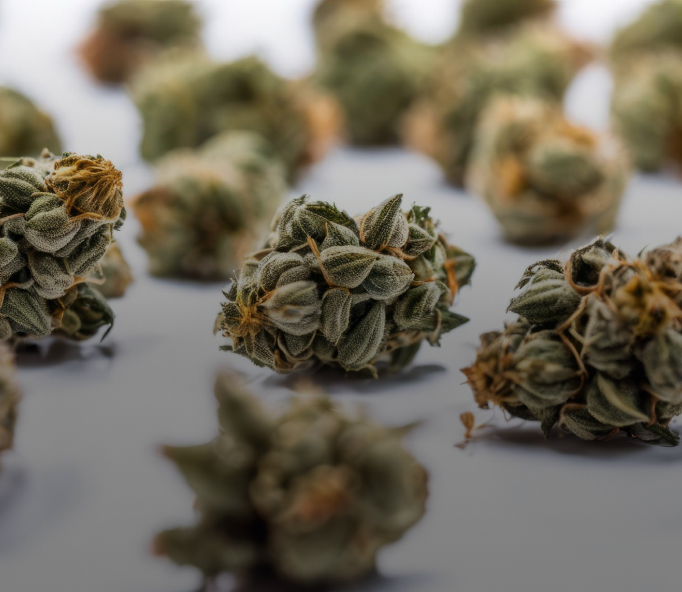
Marijuana Addiction Treatment
Quitting marijuana can be challenging, as it can become both psychologically and physically addictive. At MARC, we understand these difficulties and offer tailored support to help you succeed. Our program integrates individualized treatment plans, including targeted behavioral therapies and motivational counseling. We also provide resources for stress management and lifestyle changes to support a balanced recovery. Through a combination of expert guidance and community support, MARC helps you fulfill your potential.
Learn MoreDiagnosis of Substance Use Disorders
Establishing an accurate diagnosis of a substance use disorder is a crucial first step in seeking effective treatment and recovery. Medical and mental health professionals rely on established diagnostic criteria, as outlined in the Diagnostic and Statistical Manual of Mental Disorders (DSM), to assess the presence and severity of a substance use disorder.[1]
The DSM-5, the current edition of the manual, defines substance use disorders as a problematic pattern of substance use leading to clinically significant impairment or distress.[2] This can manifest through a combination of emotional, behavioral, cognitive, and physical symptoms:[3]
Emotional Symptoms
- Intense cravings or urges to use the substance
- Negative mood states, such as anxiety, depression, or irritability, when not using the substance
- Emotional instability and mood swings
Behavioral Symptoms
- Continued substance use despite negative consequences in work, school, or home life
- Neglecting important social, occupational, or recreational activities in favor of substance use
- Engaging in risky behaviors, such as driving under the influence
Cognitive Symptoms
- Difficulty controlling or reducing substance use
- Spending a significant amount of time obtaining, using, or recovering from the effects of the substance
- Persistent desire or unsuccessful efforts to cut down or control substance use
Physical Symptoms
- Tolerance, requiring increased amounts of the substance to achieve the desired effect
- Withdrawal symptoms when the substance use is reduced or stopped
- Persistent physical problems related to substance use, such as liver damage or respiratory issues
To meet the criteria for a substance use disorder diagnosis, a person must exhibit a pattern of substance use leading to clinically significant difficulties, as evidenced by the presence of at least 2 of the above symptoms within a 12-month period.[4] The disorder can be classified as mild, moderate, or severe, depending on the number of symptoms present.
Why You Should Choose MARC for Your Recovery
When it comes to addiction treatment and recovery, MARC stands a cut above the rest for several key reasons:
Unlike many short-term, acute treatment models, MARC recognizes addiction as a chronic condition that requires comprehensive, long-term care. MARC’s treatment program is designed to provide patients with the support, skills, and lifestyle changes needed to achieve lasting recovery, not just initial sobriety.
Ultimately, MARC's goal is to guide patients to a place of true independence in their recovery. By equipping them with the tools, resources, and community support, MARC empowers individuals to take ownership of their sobriety and thrive in all aspects of their lives.
MARC understands that addiction impacts the entire family system. MARC’s treatment approach actively involves the family, providing education, counseling, and support to help the whole unit heal and thrive in recovery together.
MARC offers a full continuum of addiction treatment services, from extended care to outpatient programming and long-term aftercare. This ensures a seamless transition and the support needed at every stage of the recovery journey.
Each patient's journey at MARC is uniquely tailored to their specific needs, strengths, and goals. The team utilizes a range of evidence-based therapies, including medication-assisted treatment, to ensure the most effective, individualized path to recovery.
The founders and staff of MARC have personal experience navigating the recovery process. This deep well of first-hand knowledge, combined with clinical expertise, allows them to provide empathetic, informed guidance to patients and families.
For those seeking a comprehensive, family-centered, and scientifically-backed approach to addiction treatment, partnering with MARC can make all the difference.
Reach Out to MARC Today
If you or a loved one is struggling with a substance use disorder, then the time to seek help is now. MARC is ready to provide the comprehensive, long-term care and support you need to achieve lasting recovery.
At MARC, you’ll find a team of experienced, compassionate professionals who understand the challenges of addiction firsthand. They are dedicated to guiding you through every step of the recovery process, using a personalized, evidence-based approach for your unique needs.
Reach out to MARC today and let them help you or your loved one reclaim your life from the grip of addiction. With our family-focused, science-backed model of care, you can look forward to a future filled with purpose and the freedom to live your life to the fullest.
[1] Substance Abuse and Mental Health Services Administration. (2016, June). Substance Use Disorders. Nih.gov; Substance Abuse and Mental Health Services Administration (US). https://www.ncbi.nlm.nih.gov/books/NBK519702/ on August 8, 2024
[2] American Psychiatric Association. (2013). Substance-Related and Addictive Disorders. https://www.psychiatry.org/File%20Library/Psychiatrists/Practice/DSM/APA_DSM-5-Substance-Use-Disorder.pdf on August 8, 2024
[3] Hasin, D. S., O’Brien, C. P., Auriacombe, M., Borges, G., Bucholz, K., Budney, A., Compton, W. M., Crowley, T., Ling, W., Petry, N. M., Schuckit, M., & Grant, B. F. (2013). DSM-5 criteria for substance use disorders: Recommendations and rationale. American Journal of Psychiatry, 170(8), 834–851. https://www.ncbi.nlm.nih.gov/pmc/articles/PMC3767415/ on August 8, 2024
[4] Treatment, C. for S. A. (2012). Exhibit 2-6, DSM-IV-TR Criteria for Substance Abuse and Substance Dependence. Www.ncbi.nlm.nih.gov. https://www.ncbi.nlm.nih.gov/books/NBK92053/table/ch2.t5/ on August 8, 2024
